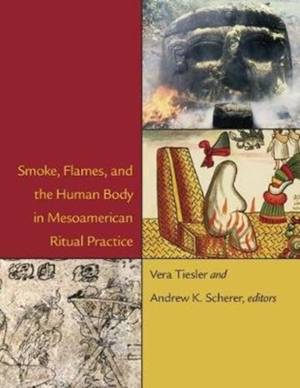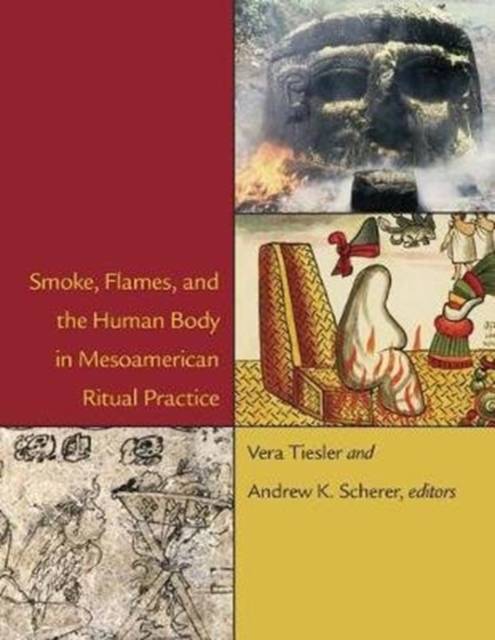
- Retrait gratuit dans votre magasin Club
- 7.000.000 titres dans notre catalogue
- Payer en toute sécurité
- Toujours un magasin près de chez vous
- Retrait gratuit dans votre magasin Club
- 7.000.000 titres dans notre catalogue
- Payer en toute sécurité
- Toujours un magasin près de chez vous
Smoke, Flames, and the Human Body in Mesoamerican Ritual Practice
96,45 €
+ 192 points
Description
Epitomizing the radiating sun and perpetuating the cycles of life and time, fire was--and continues to be--a central force in the Mesoamerican cosmos. Mesoamericans understood heat and flames as animate forces that signified strength and vitality; the most powerful of individuals were embodied with immense heat. Moreover, fire was transformative: it was a means to destroy offerings as well as to transport offerings to otherworldly places. The importance of heat and flames is evident in a spectrum of ritual practices, ranging from the use of sweat baths to the burning of offerings. Human bodies were among the most valuable resources heated or consumed by fire.
This volume addresses the traditions, circumstances, and practices that involved the burning of bodies and bone, to move toward a better understanding of the ideologies behind these acts. It brings together scholars working across Mesoamerica who approach these dual themes (fire and the body) with different methodologies and interdisciplinary lenses. Each contributor illuminates the deeper levels of Mesoamerican ritual practice in light of these themes, while highlighting what is unique to each of the societies that shared Mesoamerican territories.Spécifications
Parties prenantes
- Editeur:
Contenu
- Nombre de pages :
- 480
- Langue:
- Anglais
- Collection :
- Tome:
- n° 35
Caractéristiques
- EAN:
- 9780884024262
- Date de parution :
- 30-07-18
- Format:
- Livre relié
- Format numérique:
- Genaaid
- Dimensions :
- 218 mm x 287 mm
- Poids :
- 1719 g






